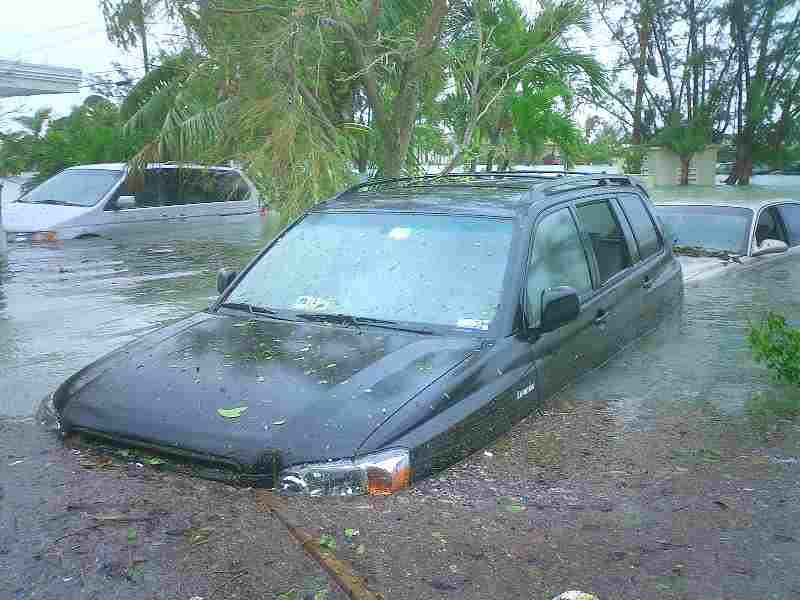Natural Disasters - Flood
Floods are caused by too much rain or water in a location.
Many reasons could lead to a flood, including prolonged rainfall
from a storm, thunderstorms, rapid melting of snow, overflowing
rivers from excess rain, bursting of man-made dams or levees.
Generally, occurrences of floods are more frequent in low-lying
land. Some plains may periodically flood; known as a flood
plain.
Ancient
Egypt relied on these floods for agriculture.
Monsoon rainfalls can also cause floods, such as in Bangladesh due
to extended periods of rainfall.
Volcanic eruptions can cause melting of
ice and snow quickly- therefore flood a plane.
Hurricanes and
tsunami's are also included.
To prepare for a flood, huge mechanical barriers can be used to
protect the water from flowing across the flood-prone areas such
as those prepared in London's River Thames, Venice, and
Netherlands.
Examples:
Huang He in China
Great Flood in 1931
 |
|
Flooding in Asheville, North Carolina in July 1916 |
 |
|
Flooding caused by Hurricane Wilma in the
Florida Keys. |
|


0 comment/s:
Post a Comment